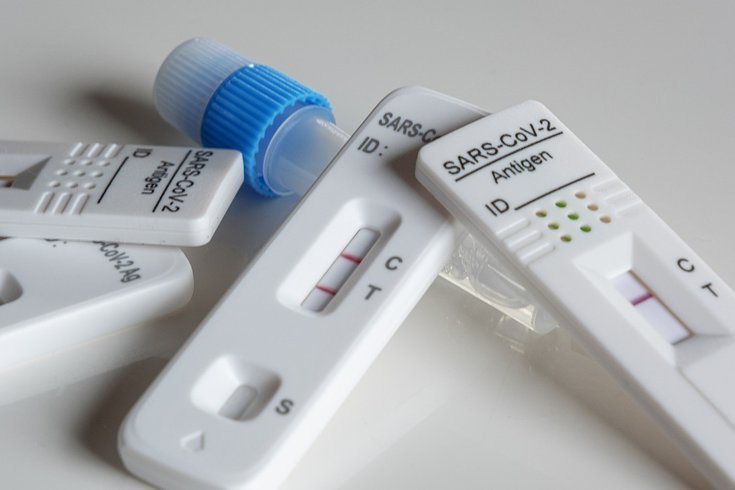
December 19, 2023
 ALEXANDRA KOCH/PIXABAY
ALEXANDRA KOCH/PIXABAY
Current tests and vaccines still work on the JN.1 COVID variant, experts say.
The COVID strain JN.1 is now a "variant of interest," the World Health Organization said on Tuesday.
JN.1 is a subvariant of the Pirola strain (BA.2.86) that gained attention this summer. But the strain is not a huge cause for concern — the latest COVID vaccine is effective against it and existing tests will identify it. The WHO said JN.1 is not likely to burden public health systems like other COVID variants before it.
"Considering the available, yet limited evidence, the additional public health risk posed by JN.1 is currently evaluated as low at the global level," the WHO said.
But the designation comes as the strain is spreading. The Centers for Disease Control and Prevention said JN.1 currently accounts for 21% of new U.S. cases — though in the Northeast, 32% of new cases are said to come from JN.1. The WHO can designate a COVID strain as a variant of interest for a few reasons; JN.1's new classification is "due to its rapidly increasing spread."
The CDC said it first collected samples of JN.1 in September and that it only represented 0.1% of cases at the end of October. There are no symptoms specific to the strain, and JN.1 is not more severe than other strains.
"The continued growth of JN.1 suggests that it is either more transmissible or better at evading our immune systems," the CDC said in early December. "At this time, there is no evidence that JN.1 presents an increased risk to public health relative to other currently circulating variants."
In Philadelphia, getting a new strain no longer means guaranteed paid time off. The city's COVID-19 Sick Leave Law, passed in March 2022, expires Dec. 31. The law also protects employees from employer retaliation.